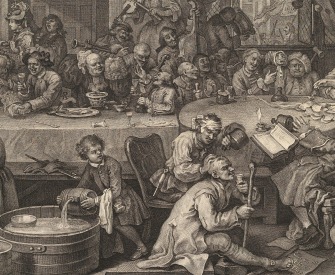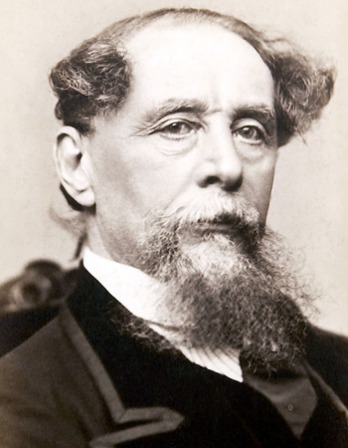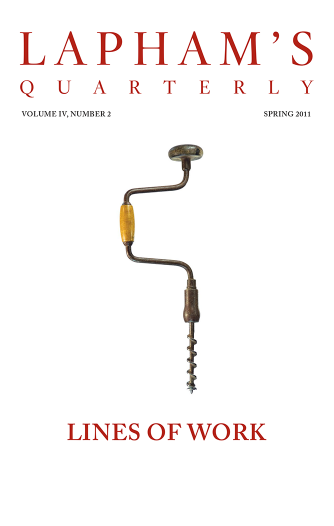I commend you and rejoice in the fact that you are persistent in your studies, and that, putting all else aside, you make it each day your endeavor to become a better man.
I do not merely exhort you to keep at it; I actually beg you to do so. I warn you, however, not to act after the fashion of those who desire to be conspicuous rather than to improve, by doing things that will rouse comment as regards your dress or general way of living. Repellent attire, unkempt hair, slovenly beard, open scorn of silver dishes, a couch on the bare earth, and any other perverted forms of self-display, are to be avoided. The mere name of philosophy, however quietly pursued, is an object of sufficient scorn; and what would happen if we should begin to separate ourselves from the customs of our fellow men? Inwardly, we ought to be different in all respects, but our exterior should conform to society. Do not wear too fine, nor yet too scruffy, a toga. One needs no silver plate, encrusted and embossed in solid gold; but we should not believe the lack of silver and gold to be proof of the simple life. Let us try to maintain a higher standard of life than that of the multitude, but not a contrary standard; otherwise we shall frighten away and repel the very persons whom we are trying to improve. We also bring it about that they are unwilling to imitate us in anything, because they are afraid lest they might be compelled to imitate us in everything. The first thing that philosophy undertakes to give is fellow feeling with all men; in other words, sympathy and sociability. We part company with our promise if we are unlike other men.
From Moral Letters to Lucilius. After being exiled to Corsica by Claudius in 41, Seneca was recalled to Rome in 49 and made the tutor of Nero, whom he later served as a political adviser. His essayistic epistles to Lucilius, a fellow member of Nero’s imperial staff, detail much of Seneca’s Stoic philosophy. In 65 Nero demanded that he commit suicide for purported involvement in a conspiracy. Seneca slit his veins, dictated a dissertation, drank hemlock, and died in a vapor bath.
Back to Issue




